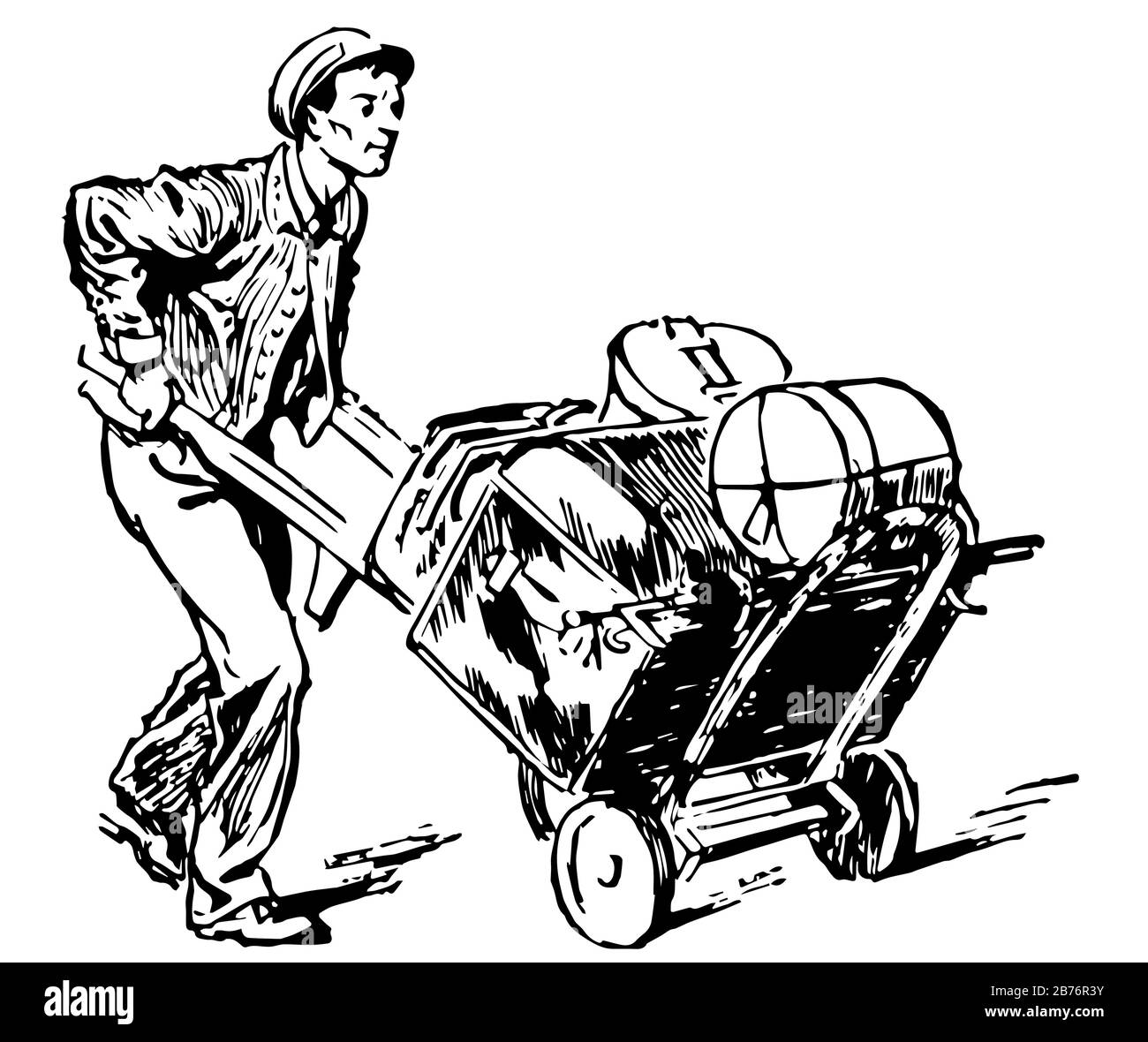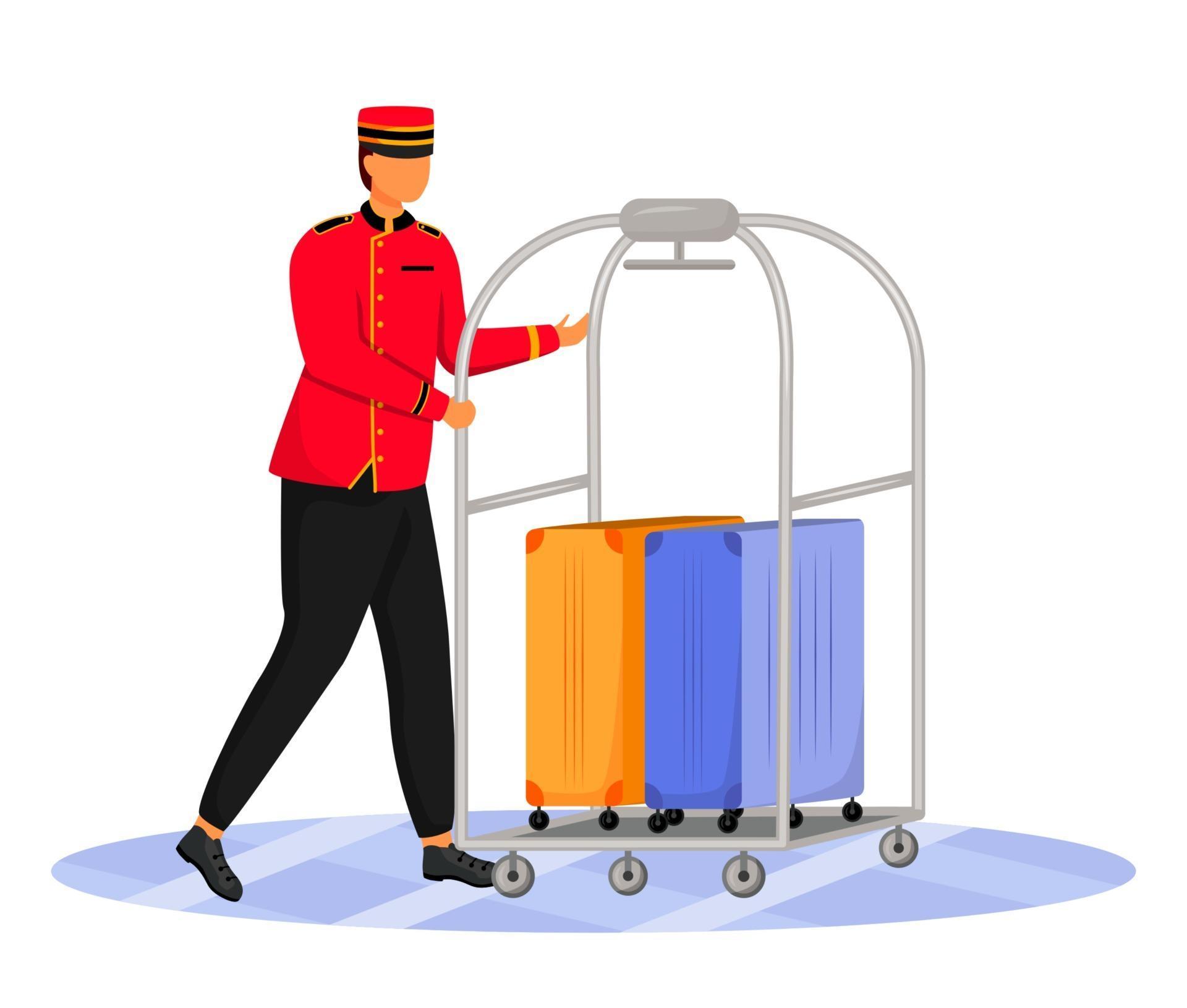Historical Evolution of the Porter Definition

The term “porter” has a rich history, evolving significantly over centuries, reflecting changes in societal structures, economic activities, and technological advancements. Its definition has transformed from a specific occupation to a broader concept encompassing various roles and responsibilities. This exploration delves into the historical evolution of the term “porter,” tracing its origins, analyzing its changing meanings, and highlighting its significance in different contexts.
The Origins of the Term “Porter”
The word “porter” derives from the Middle English word “portour,” meaning “carrier” or “bearer.” Its earliest documented usage dates back to the 14th century, referring to individuals responsible for carrying goods and luggage. During the Middle Ages, porters played a crucial role in facilitating trade and transportation, serving as intermediaries between merchants and consumers. They were often employed at ports, inns, and marketplaces, handling the loading, unloading, and transportation of goods.
Evolution of the Porter’s Role and Responsibilities, Porter definition
The definition of “porter” has undergone a significant transformation over time, evolving to encompass a broader range of responsibilities. In the 17th and 18th centuries, the role of a porter expanded beyond mere carrying to include tasks such as delivering messages, running errands, and assisting travelers. The rise of industrialization in the 19th century further broadened the porter’s role, leading to the emergence of specialized porters in various industries, such as railway porters, hotel porters, and factory porters. These porters often performed tasks related to handling baggage, providing information, and maintaining order.
The Porter in Different Historical Periods
- Middle Ages: Porters primarily served as carriers, facilitating trade and transportation by handling goods and luggage. They were often employed at ports, inns, and marketplaces, playing a crucial role in the movement of goods and services.
- 17th and 18th Centuries: The role of a porter expanded beyond carrying to include tasks such as delivering messages, running errands, and assisting travelers. They became an integral part of urban life, providing essential services to individuals and businesses.
- 19th Century: Industrialization led to the specialization of porters, with the emergence of railway porters, hotel porters, and factory porters. These porters performed tasks related to handling baggage, providing information, and maintaining order in their respective industries.
- 20th Century: The role of porters continued to evolve, with the introduction of new technologies and the rise of new industries. Porters in the 20th century were often employed in transportation, hospitality, and healthcare sectors, providing essential services to customers and patients.
Modern Interpretations of the Porter Definition

The term “porter” has evolved significantly since its origins in the 18th century. Today, it encompasses a wide range of roles and responsibilities, reflecting the changing needs of modern industries. This section delves into the contemporary understanding of the porter profession, exploring the diverse types of porters and the skills they possess.
Types of Porters and Their Roles
The modern porter landscape is characterized by diverse roles and responsibilities, catering to the unique requirements of various industries.
- Hotel Porters: Often referred to as “bellhops,” these porters are primarily responsible for assisting guests with their luggage, providing room service, and offering general concierge services. They play a crucial role in enhancing the guest experience, ensuring smooth check-in and check-out processes, and addressing any immediate needs.
- Hospital Porters: These porters are integral to the smooth functioning of hospitals, assisting with patient transport, delivering medical supplies, and maintaining a clean and safe environment. Their duties often involve handling medical equipment, ensuring patient privacy, and providing compassionate care.
- Airport Porters: These porters work in airports, assisting passengers with luggage, providing directions, and ensuring the efficient flow of travelers. They often play a crucial role in connecting passengers with transportation services and providing information about airport facilities.
- Freight Porters: These porters work in warehouses, distribution centers, and other logistics facilities, handling and transporting goods, loading and unloading trucks, and ensuring the efficient movement of merchandise. They often operate forklifts, pallet jacks, and other material handling equipment, requiring specialized training and safety protocols.
- Construction Porters: These porters work on construction sites, assisting with material handling, cleaning, and maintaining a safe work environment. Their responsibilities may include transporting tools, removing debris, and ensuring the proper storage and disposal of construction waste.
- Event Porters: These porters are responsible for setting up and dismantling event spaces, transporting equipment, and providing logistical support during events. They often work in conjunction with event planners and caterers, ensuring the smooth flow of activities and the satisfaction of attendees.
Key Skills and Qualifications
To succeed as a porter, individuals need to possess a combination of skills and qualifications that align with the specific demands of the role.
- Physical Strength and Stamina: Porters frequently handle heavy objects and engage in physically demanding tasks, requiring a good level of physical strength and stamina.
- Manual Dexterity and Coordination: The ability to lift, carry, and maneuver objects with precision and care is essential for porters, especially when handling delicate items or working in confined spaces.
- Customer Service Skills: Porters interact with diverse individuals, often in high-pressure situations. Excellent communication, interpersonal, and problem-solving skills are crucial for providing exceptional customer service.
- Attention to Detail: Porters must pay close attention to details, ensuring items are handled with care, tasks are completed accurately, and safety protocols are followed.
- Time Management and Organization: Porters often work under tight deadlines and need to prioritize tasks efficiently, ensuring that everything is completed on time and to the required standards.
- Safety Awareness: Porters work in various environments, some with inherent risks. A strong understanding of safety procedures, the ability to identify potential hazards, and the commitment to safe work practices are essential.
- Adaptability and Flexibility: Porters often face unexpected situations and need to adapt quickly to changing circumstances. Flexibility and the ability to work independently or as part of a team are vital for success.
The Importance of Porters in Society: Porter Definition

Porters, often unseen and underappreciated, play a vital role in the smooth functioning of our society. Their work, characterized by physical exertion and meticulous attention to detail, ensures the seamless movement of goods and people, contributing significantly to various sectors of the economy.
Impact on Transportation and Logistics
Porters are essential for efficient transportation and logistics systems. They handle the loading and unloading of goods, ensuring the timely delivery of products to businesses and consumers. In industries like warehousing, shipping, and distribution, porters are critical for maintaining the flow of goods, minimizing delays, and ensuring the integrity of products. For instance, in airports, porters assist passengers with their luggage, ensuring a smooth travel experience and reducing potential delays. In construction sites, porters transport building materials, playing a crucial role in the timely completion of projects.
Impact on Customer Service
Porters contribute significantly to customer service in various settings. In hotels, porters assist guests with their luggage, providing a welcoming and personalized experience. They also provide concierge services, offering information and assistance to guests, enhancing their overall stay. In retail stores, porters assist customers with carrying heavy items, ensuring a positive shopping experience. They also play a role in maintaining order and cleanliness, contributing to a welcoming environment for customers.
Challenges Faced by Porters
Despite their vital role, porters often face challenges in their daily work. Their jobs are physically demanding, requiring strength and endurance. They often work long hours, including weekends and holidays, to ensure the smooth operation of businesses and organizations. Furthermore, porters may face hazardous working conditions, such as lifting heavy objects, working in confined spaces, and dealing with unpredictable weather. They also face the risk of injuries due to repetitive motions and heavy lifting.
Contribution to the Economy
Porters contribute significantly to the overall economy. They support various industries, including transportation, logistics, hospitality, and retail. Their work ensures the efficient movement of goods and people, facilitating economic growth. Moreover, porters create employment opportunities, contributing to the overall employment landscape. Their contribution to the economy is often overlooked, but it is essential for the smooth functioning of various sectors.
Porter definition – A porter, in its simplest definition, is a person who carries things for others. They’re often associated with airports and train stations, but their role goes beyond just carrying luggage. Think of it as a personalized service, much like a “sobriquet” meaning a nickname that adds a unique flavor to a person’s identity.
A porter, much like a sobriquet, adds a touch of character and practicality to the experience, making life a little easier and more memorable.
A porter, in its simplest definition, is someone who carries burdens. This simple act, however, can be imbued with meaning and significance. Think of Duncan Idaho, the loyal swordmaster in Jason of Dune , who carries the weight of his past and the hopes of his people on his shoulders.
Just like Duncan, a porter may be carrying more than just physical objects, they may be carrying the weight of responsibility, loyalty, and even the hopes of others.
